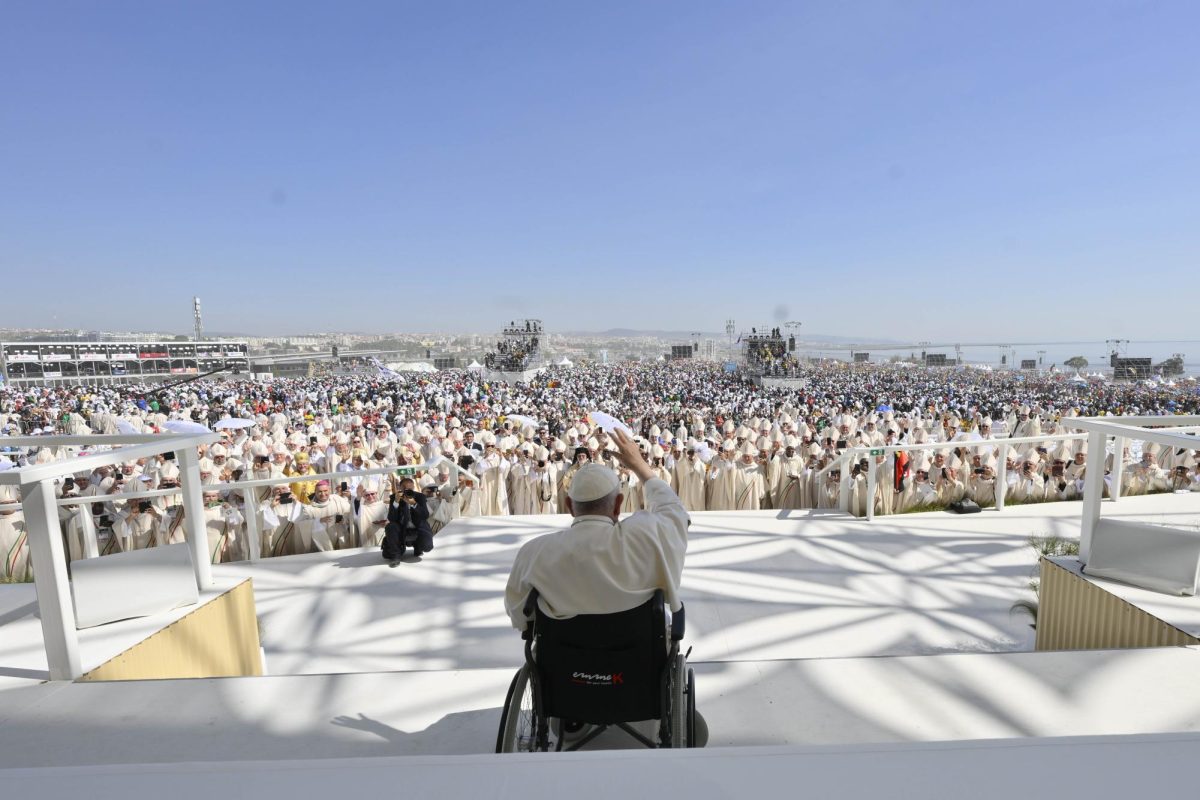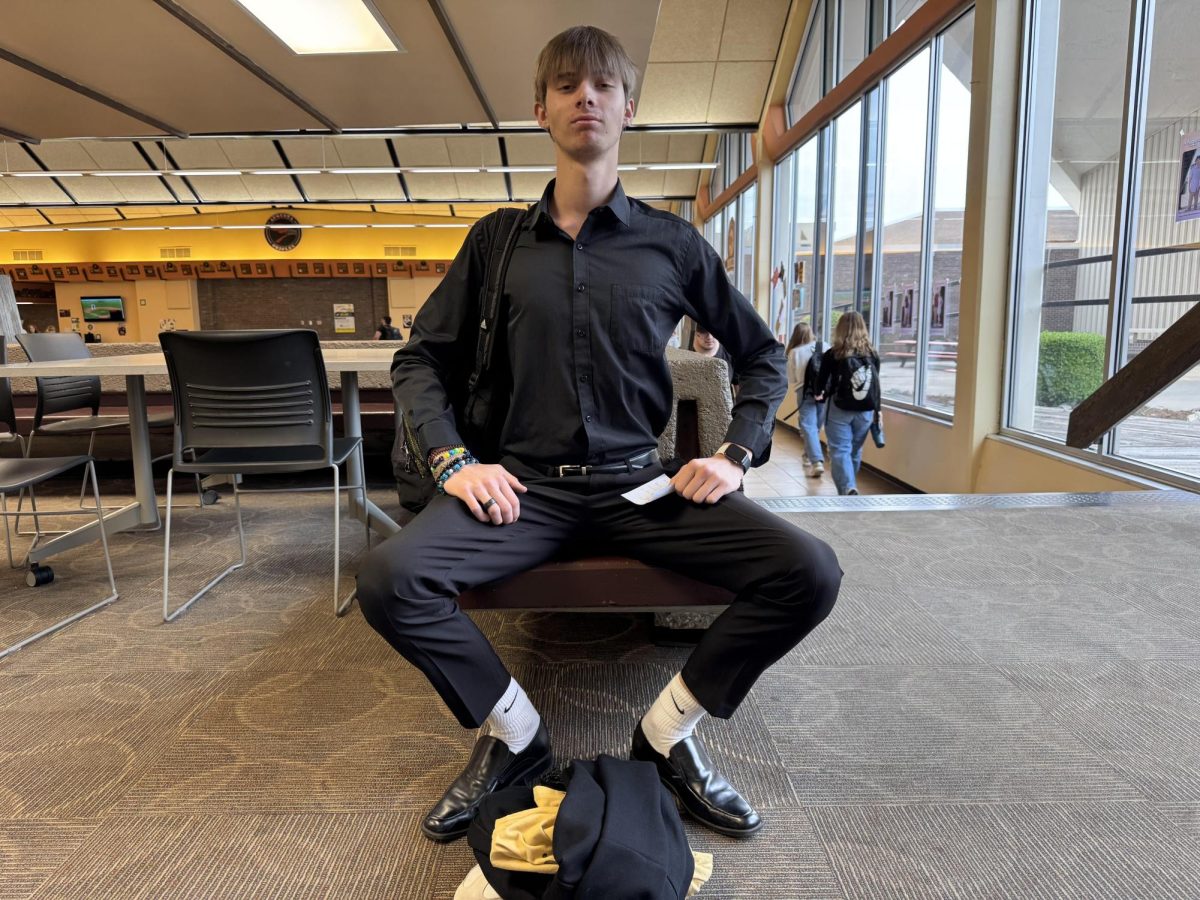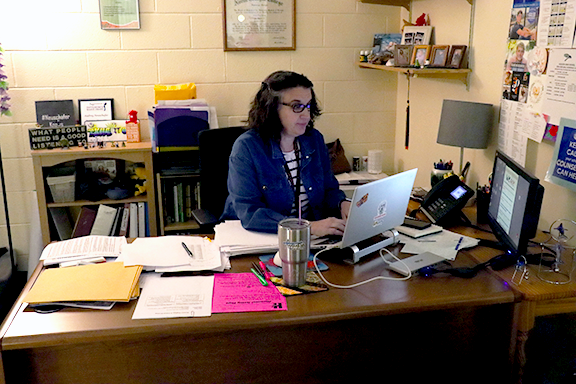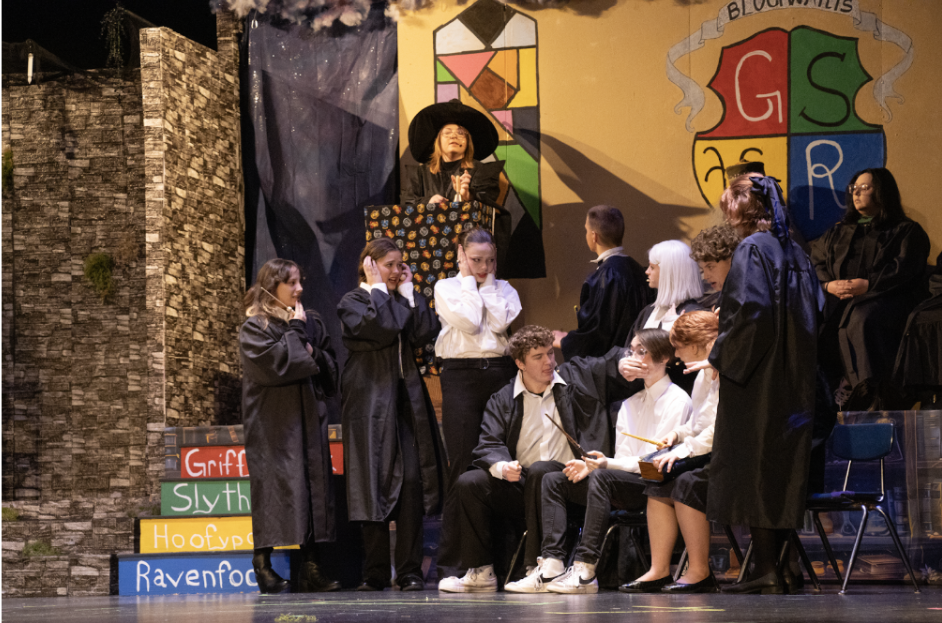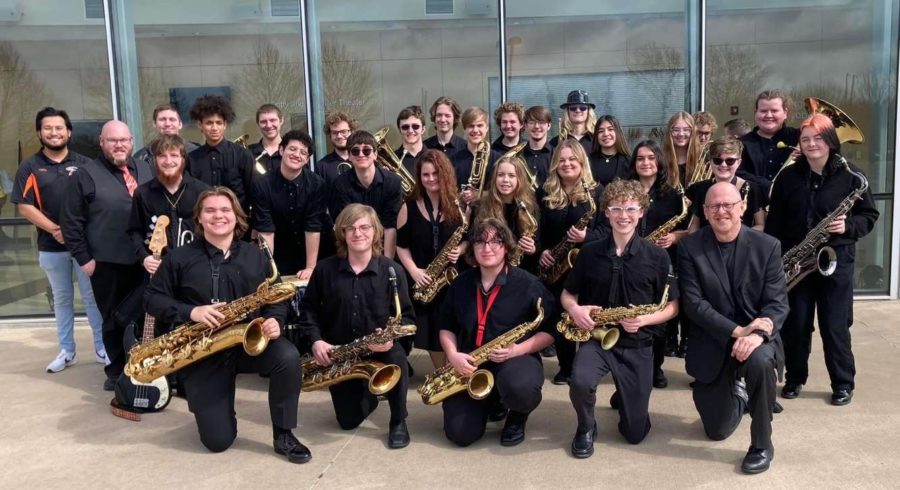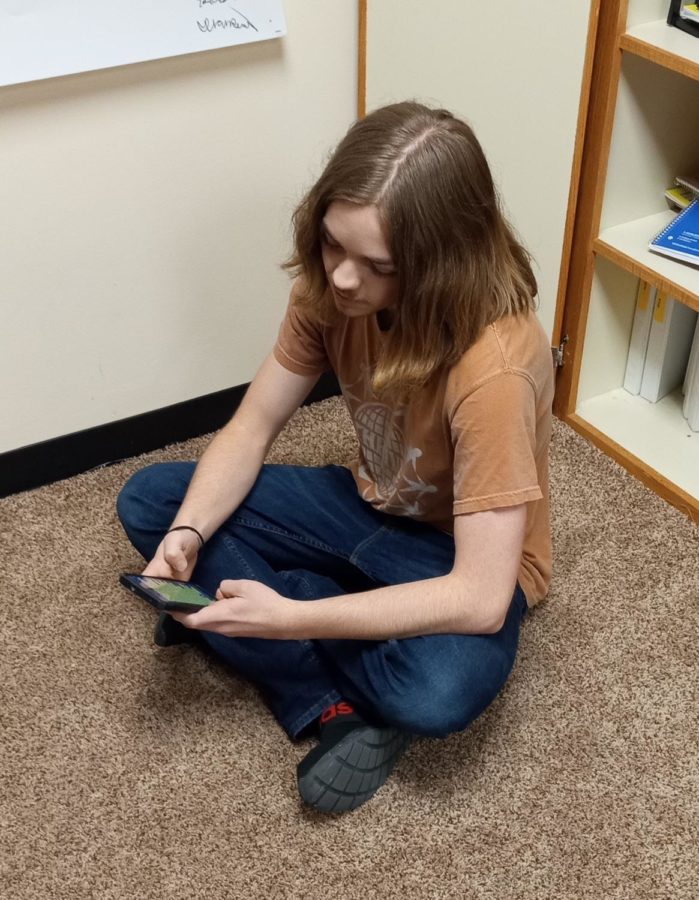Pope Francis, who died April 30 at the age of 88, leaves behind a legacy of modesty and empathy, alongside a strong dedication to justice and inclusion, that reshaped the modern Catholic Church.
Known for his down-to-earth demeanor and progressive tone, Francis became a global symbol of moral leadership and mercy.
Born Jorge Mario Bergoglio in Buenos Aires, Argentina, he would later adopt the name Francis in honor of St. Francis of Assisi. Francis became the first pope from Latin America when he was elected in 2013. From the moment he stepped onto the balcony of St. Peter’s Basilica, he signaled a different kind of papacy. He greeted the crowd simply, choosing not to wear the traditional red papal cape. His decision symbolized the humility that would define his tenure.
One of his earliest priorities was to focus on marginalized communities.
“I want a Church which is poor and for the poor,” Francis wrote in his 2013 document, “Evangelii Gaudium.”
He emphasized service over ceremony and warned against what he called “spiritual worldliness” within church leadership.
During his time as the pope, Francis became known for advocating environmental stewardship, economic justice and compassion for migrants and refugees. In 2015, he issued “Laudato Si’”, a groundbreaking document on climate change, calling the planet a home for everyone and urging global action.
“The Earth, our home, is beginning to look more and more like an immense pile of filth,” Francis said.
He was also a vocal critic of indifference to suffering, particularly in the face of war and inequality.
“We have become used to the suffering of others,” Francis said during a Good Friday service in 2022. “We see wars, violence, abuse, and our hearts grow cold.”
Despite his popularity with (nn), Francis faced criticism from conservative factions within the church for his openness to reform. He welcomed LGBTQ+ individuals with more caring language.
“If someone is gay, and he searches for the Lord and has good will, who am I to judge?” Francis said.
Cardinal Pietro Parolin, Vatican Secretary of State, spoke at Francis’ funeral Mass held at St. Peter’s Basilica.
“Pope Francis reminded us, not just with words but with his life, that mercy is not weakness but strength,” Parolin said. “His papacy was a witness to the gospel’s radical call to love.”
Francis’s later years were marked by declining health, but he continued to speak on behalf of the voiceless. In one of his last public appearances, he urged young people to keep their hope in times of crisis.
“Hope overcomes all weariness, every crisis and every worry,” Francis said.
Francis’s legacy will endure through the reforms he championed and the hearts he touched. His commitment to simplicity, justice and human dignity helped restore faith for millions and redefined what it means to be a spiritual leader in the 21st century.
His life, grounded in mercy, will be remembered not for power, but for service.



